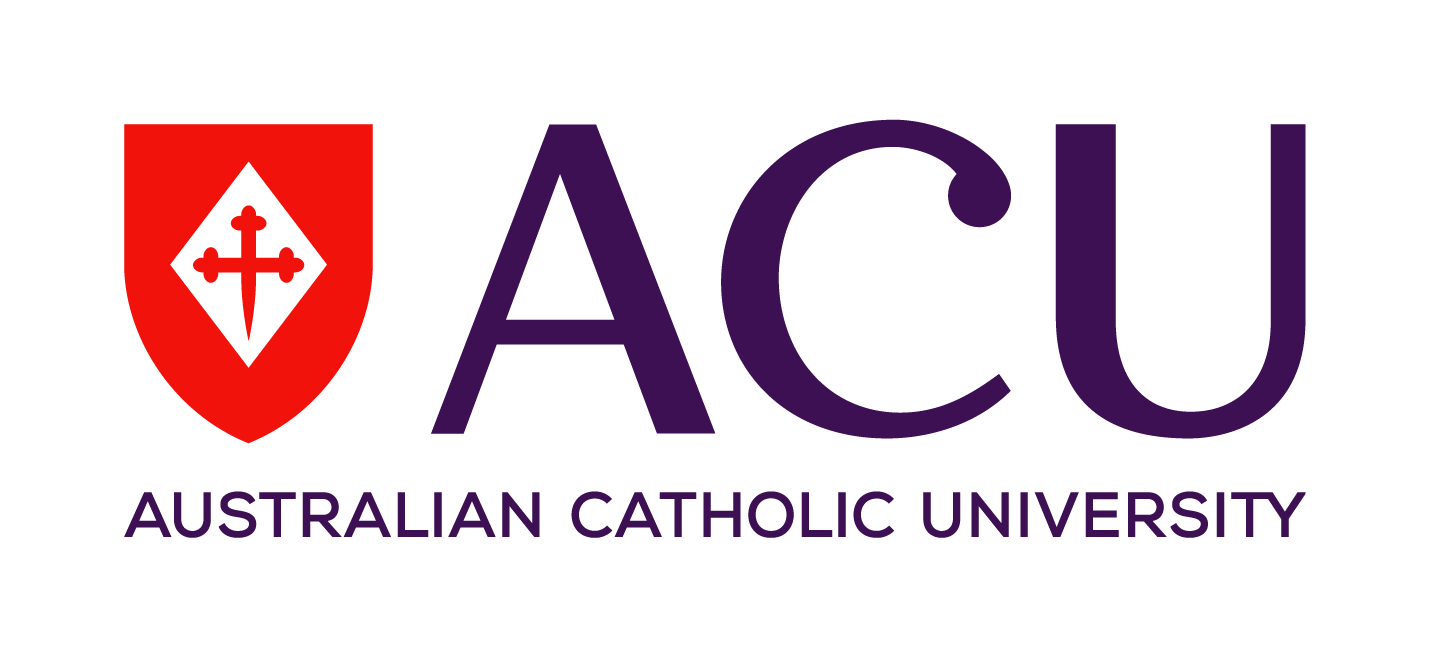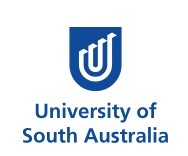
Bachelor of Finance


Course Overview
3 YEARS
YES
AUD$ 38,300
FEB/JULY
You will kick-start your career with courses that develop your knowledge and skills in understanding financial assets and markets. This degree will qualify you for financial industry accreditation and prepare you for a rewarding career in the fast-paced financial sector.
You will learn the mechanics of the financial market and gain practical skills in our state-of-the-art Iress Trading Room, which includes a market data feed and trading software – the same technology used by the world’s leading banks and investment firms.
You can participate in an investigative study tour learning about business practices, financial sectors as well as political and cultural influences in other regions.
This degree is dynamic, and its program structure is informed by industry and the latest practical research in finance. Therefore, as a graduate you will be equipped with the knowledge and skill required by the finance industry. Also, you will be eligible for membership with various professional bodies, including the Financial Services Institute of Australasia (FINSIA), and well-prepared to undertake the Chartered Financial Analyst (CFA) Institute program of study.
UniSA Business is the only business school in South Australia accredited by both AACSB International (The Association to Advance Collegiate Schools of Business) and EFMD (EQUIS) – the world’s leading accreditation bodies recognising excellence in business education and research at a global level. These dual accreditations demonstrate the high standards we hold across all areas such as teaching, student learning and research, as well as our commitment to continually improving the quality of our programs.
Inquire Now
Requirements
IELTS total [6.0]
IELTS reading [6.0]
IELTS writing [6.0]
G.p.a-2.51
Career outcomes
Trader: executing trades (stocks, bonds, derivatives) at a trading desk of an investment fund for their funds or institutional clients.
Equity/research analyst: studying and analysing financial information and trends for clients; advising on share buying; reviews stocks, bonds and other financial instruments for reporting.
Financial Analyst (corporate Finance): reviewing cash flow, revenue and overall finances and financial risks of an organization.
Investment banker: raising capital for companies, governments and other entities; assisting with large, complicated financial transactions; providing advice in areas such as mergers and acquisitions, regulatory environments, and risk assessment.
Investment funds manager: providing financial advice about investment matters such as buying and selling of trusts, shares and bonds; analysing data and available information to make decisions.
Portfolio manager: constructing and managing investment portfolios for clients based on their risk and risk preferences, return expectations on investment as well as market conditions.
Asset allocation consultant: helping the portfolio manager to allocate clients’ money in different asset classes (shares, bonds, cash, etc.) and monitor their performance.
Stockbroker: buying and selling securities on a stock exchange on behalf of retail clients.
Commercial banker: providing financial advice to corporate clients; promoting banks' financial services; building relationships with banking customers to create more accounts; coordinating different bank departments to ensure smooth operations.
Corporate loan manager: liaising between institutions and clients to find suitable corporate loan arrangements; soliciting loans; representing creditors to borrowers and vice versa.
Business adviser: working with new or established businesses; analysing business plans and financial statements; advising on investments, marketing, funding and financial trends; understanding consumer needs and how to improve profitability.
Fee
AUD$ 38,300 per annum (per 1.0 EFTSL) for students enrolled in 2025
Scholarship
Every year, over 2,500 UniSA students are supported in their studies through scholarships and grants worth millions of dollars. Check out the scholarships below. One of them may be perfect for you. Visit our scholarships page for more.
Video Gallery
Popular Courses
Find your perfect course
Head Office
Kamaladi, Kathmandu
Tel: +977 14542781, 9845566225
E-mail: info@landmarkedu.com
Sydney office
46 Macquarie Street,
Parramatta, NSW
Tel: +61 415 122 814
Branch office
Tel: 056-590825
Tel: 021-590828
Tel: 977-71-591694

